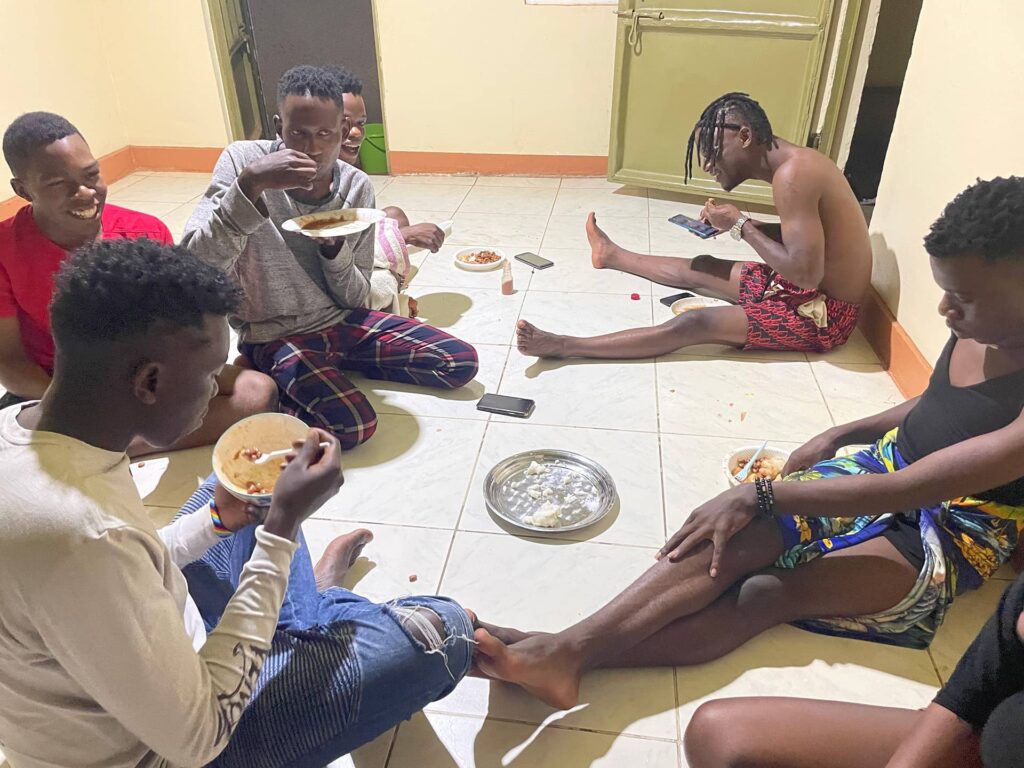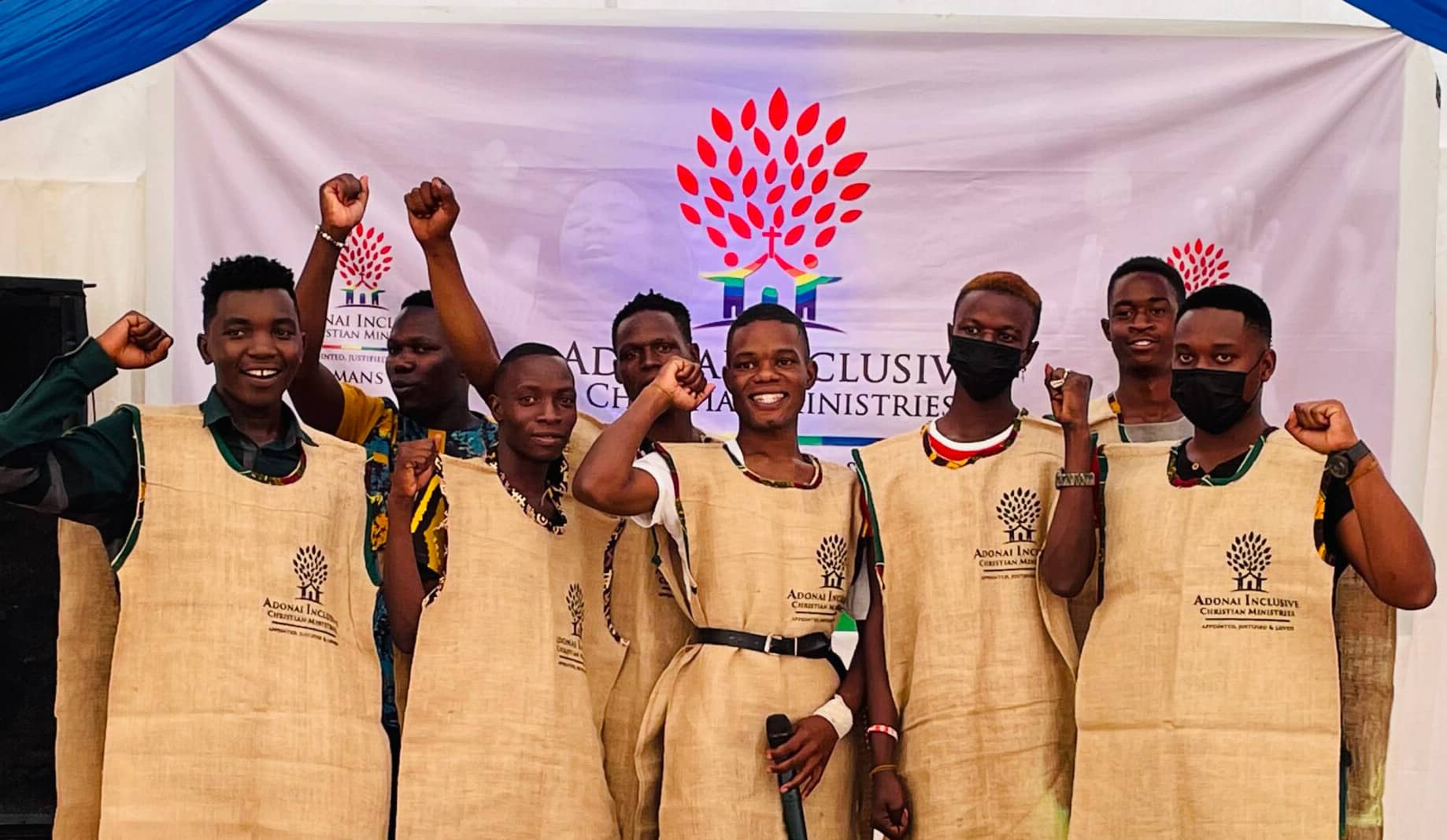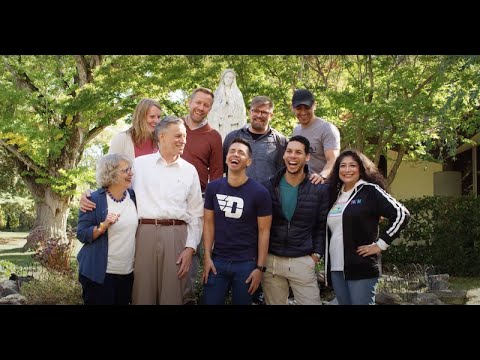East Africa is made up of seven countries: Uganda, Kenya, Tanzania, Burundi, Rwanda, South Sudan and the Democratic Republic of the Congo. None of these countries have laws that guarantee free rights or acceptance for LGBTQ people.
In our region, severe discrimination against queer persons is common and often results in torture, persecution and social stigma. LGBTQ people live a life of hiding, even from their own families, because once they come out, or are outed against their will, they are disowned and abandoned. They are denied social rights, health care and education in their own communities, where they should have an expectation of living a life of freedom and safety.
Most people’s perceptions about the LGBTQ community in East Africa have been shaped by religious leaders who say that LGBTQ people are evil and not welcomed by God. This stigmatizes all LGBTQ community members and has driven some to suicide. Others join dangerous groups or fall into sinful lives because they accept the idea that they are not loved by God.
Making the situation worse, community members have hunted down LGBTQ people down and arrested, harmed or killed them.
Arrests, beatings and rape
During the COVID-19 pandemic, homophobic members of my community entered places where LGBTQ people lived and arrested them on the pretext of enforcing curfew guidelines. When our church, Adonai Inclusive Christian Ministries, learned of this persecution, we managed to help some—but not all—who had been arrested.
Homophobia has been getting worse, particularly in Uganda and Kenya. I know of two people who were killed because of their sexuality. One of them was raped and was beaten to death.
“Most people’s perceptions about the LGBTQ community in East Africa have been shaped by religious leaders who say that LGBTQ people are evil and not welcomed by God.”
When LGBTQ people in East Africa reveal their gender identities or orientations, most of them have to look for places where they can live, because when the larger community finds out that someone is gay or transgender, it means their life is in danger: No one will associate with them because of the stigma.
Adonai Inclusive Christian Ministries, where I minister, is in the Ugandan capital of Kampala. It is the first LGBTQ-welcoming church in the nation.
LGBTQ people want a safe environment just like anyone else does. The people we receive at our church who are gay or transgender (but don’t want to be known as such in their communities) feel safe with us because they know they are with people who don’t judge them.
We receive many threats from people and pastors who don’t support our ministry; some of them preach against us during their services. Some go as far as to make videos against us; we see them on TV claiming that we are promoting the devil in the church.

Saved from suicide
On the other hand, we also get encouraging massages from people who see our preaching on social media.
One person who contacted us was from Jinja, near the source of the Nile. He told us that he had wanted to commit suicide. After being chased away from school and being disowned by his parents, he had nowhere to go. But as he was about to commit suicide, he came across our recorded Sunday service program and heard me preaching that Jesus condemned no one because of their sexuality.
This man felt a change in his heart. He contacted us and told us the story of his rejection and abandonment by his village and his family. Since everyone in his community had been told of his sexuality, he had nowhere to live. As a church, we decided to offer him shelter.
Today, he has a job, is in a good relationship with his partner and serves God with all his heart, because he learned firsthand that he is loved by God and that Jesus Christ condemned no one.
African culture doesn’t allow homosexuality and calls it unnatural, an abomination, abnormal, “un-African.” Some even say it’s even a curse. Religious leaders who should be concerned with the well-being of their parishioners instead preach discrimination and hatred towards the LGBTQ community, making it dangerous, even deadly. Many Africans believe LGBTQ people must be under a spell or mentally ill. Some gay or trans people are forced into performing rituals to remove the “demon” of homosexuality. Parents even perform funeral rights for their living children after learning that they are homosexual.
Recently, one of our parishioners was attacked in the market because of the way he presents himself and was almost killed. The incident started when he merely stated, in a feminine voice, that he wished to buy a vegetable. A gang of six men attacked and nearly beat him to death.
“African culture doesn’t allow homosexuality and calls it unnatural, an abomination, abnormal, ‘un-African.'”
To stem the tide of violence and discrimination, we are working hand in hand with some other organizations that have brought people to Christ. By the grace of God, we have managed to reconcile some LGBTQ youths with parents who had previously rejected and disowned them. We try to bring them back to their families.
Though there are many donor agencies funding LGBTQ organizations in Africa, we’ve been rejected whenever we approached them because there is no funding available for churches. Yet so much support is needed to help a small church that defends those oppressed by the state.
So far, as a church, we have set up shelters for persecuted LGBTQ people. We have three shelters, each with ten parishioners. These safe spaces for LGBTQ people allow us to teach economic empowerment activities like poultry farming, tailoring and housekeeping. Others bring different talents, like music, dance and drama, so we help promote those.
This has helped stabilize many at-risk people who otherwise would have no home, opportunity, or community. Our church has survived police raids and evictions whenever we were identified as supportive of LGBTQ people.
“So help me God”
At Adonai Inclusive Christian Ministries, will we continue our mission of fighting for the LGBTQ community as we keep on spreading the word of God. We do ask for prayers and financial support for our cause. We have many pending needs and much work to do, so anything is welcome.
As pastor, I pledge to continue creating safer and inclusive spaces for the LGBTQ community in Africa. I will stand with the gospel of radical hospitality and inclusion, so help me God.




So Good to hear from you. God is absolutely merciful. God ignores no one, He loves us.
I wish if i could participate in your mission, i know many boys and girls who are isolated, marginalized and oppressed because of their sexual orientation. Some of boys are dismissed from the catholic schools and some were my fellow seminarians